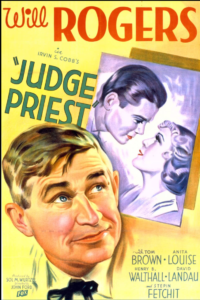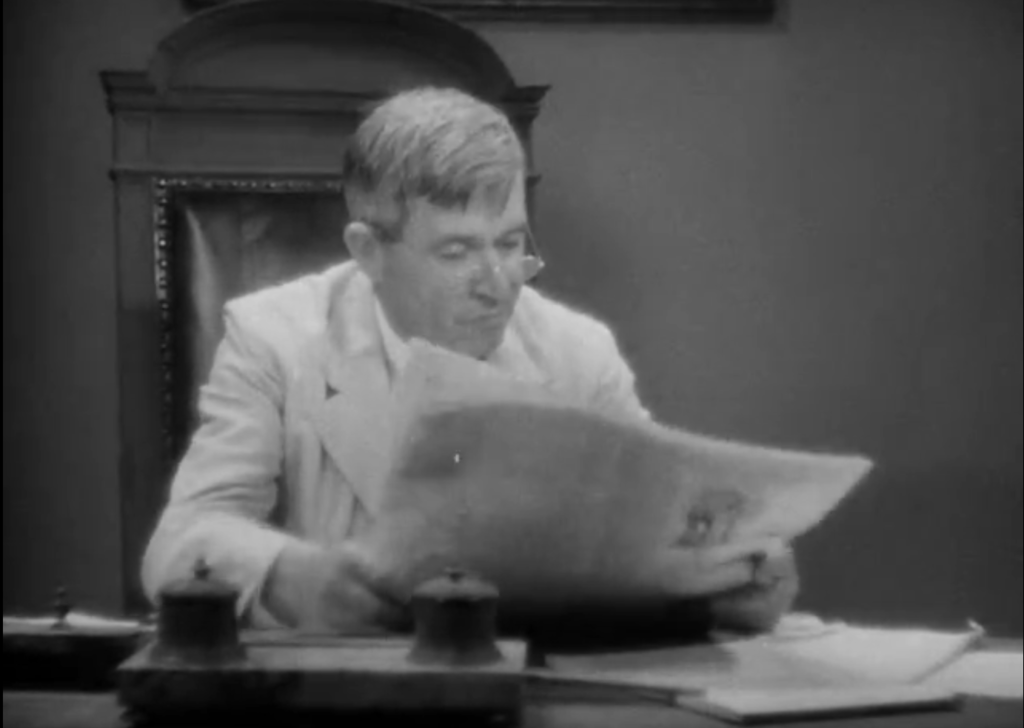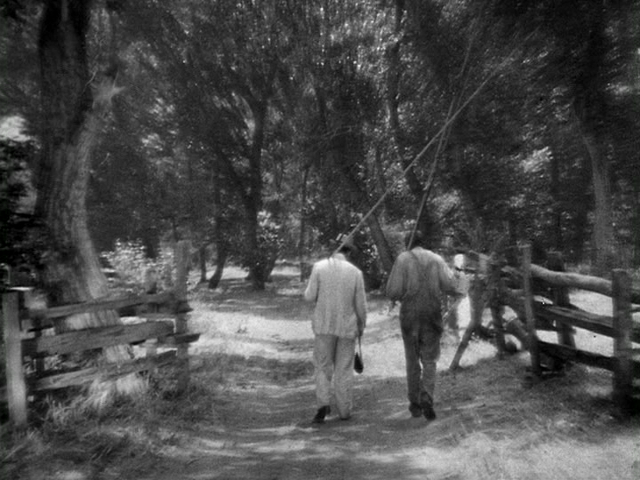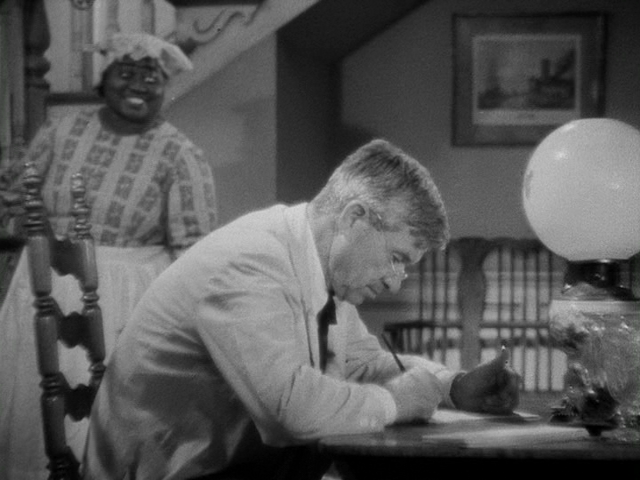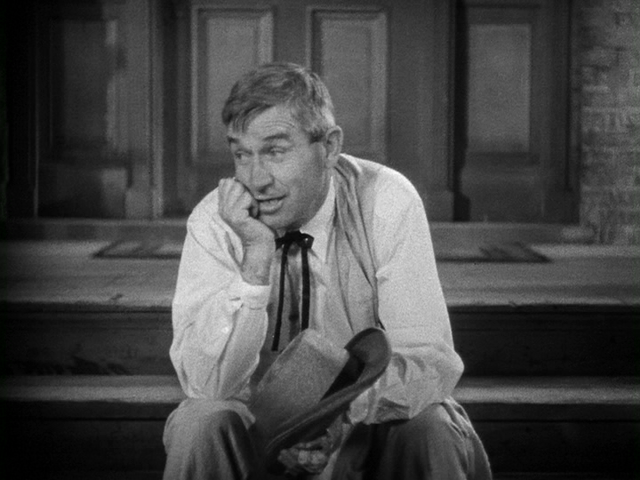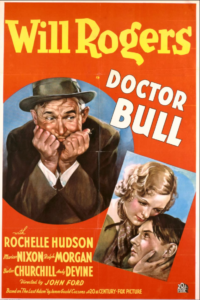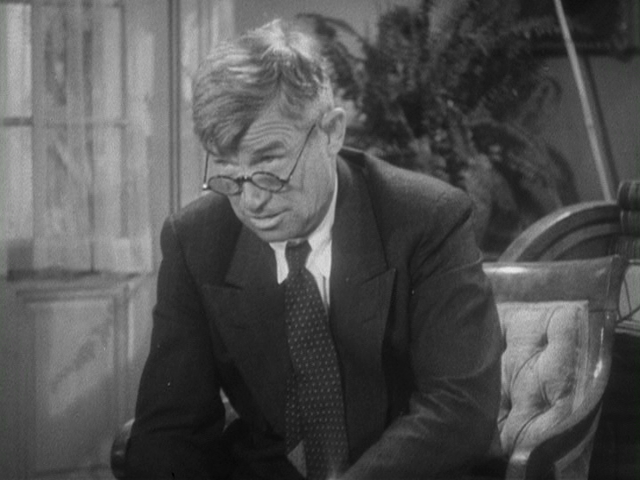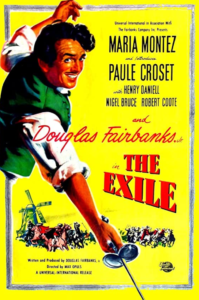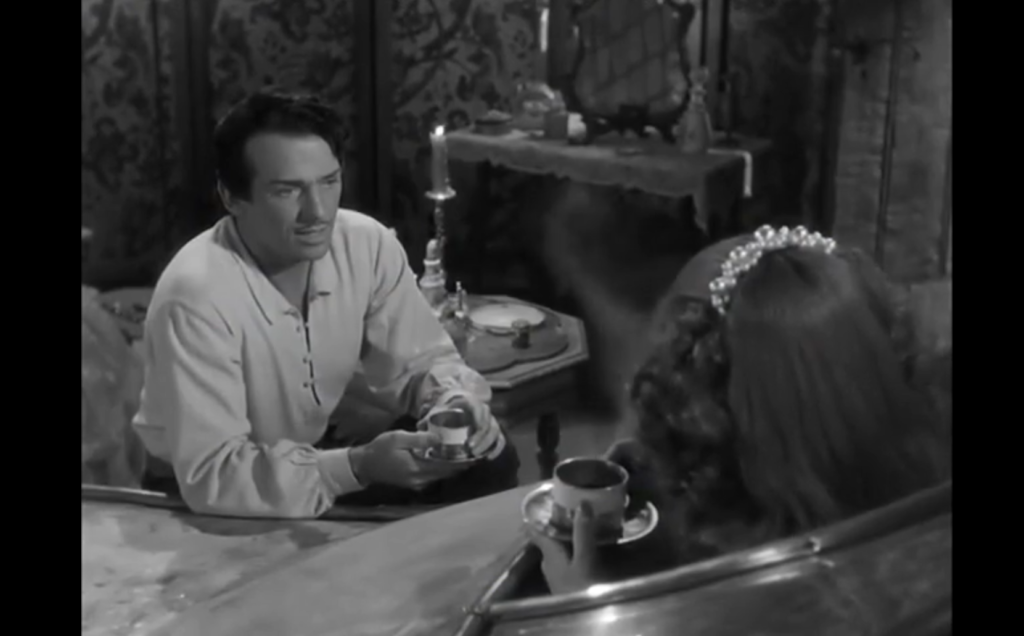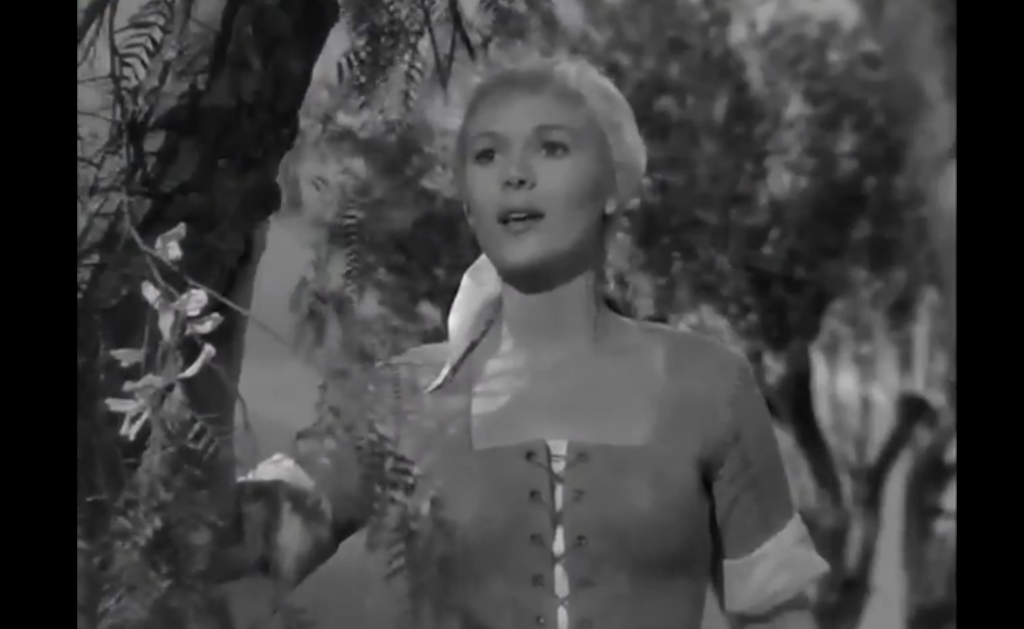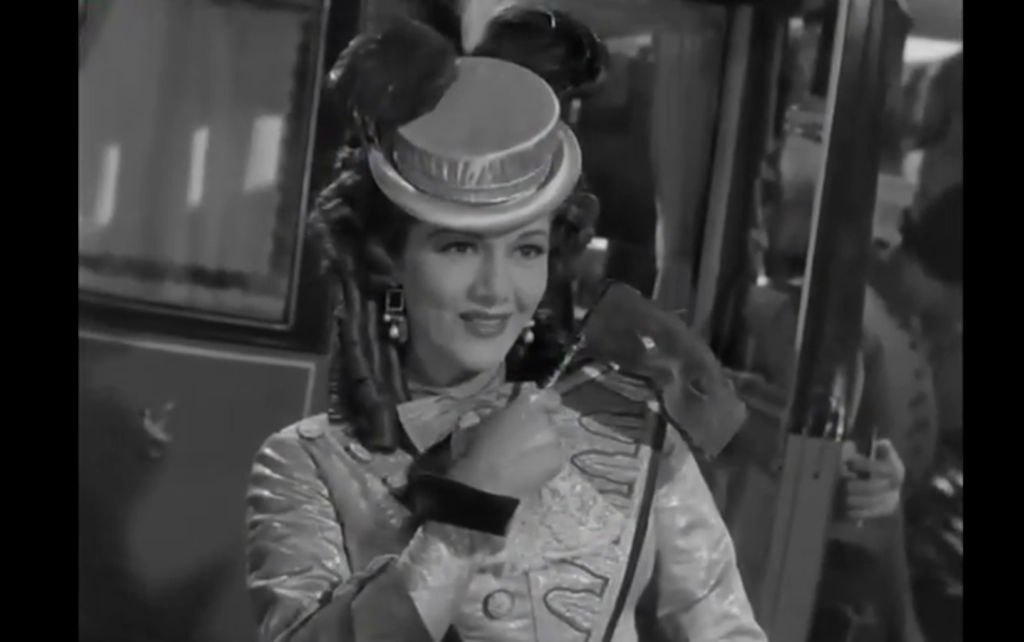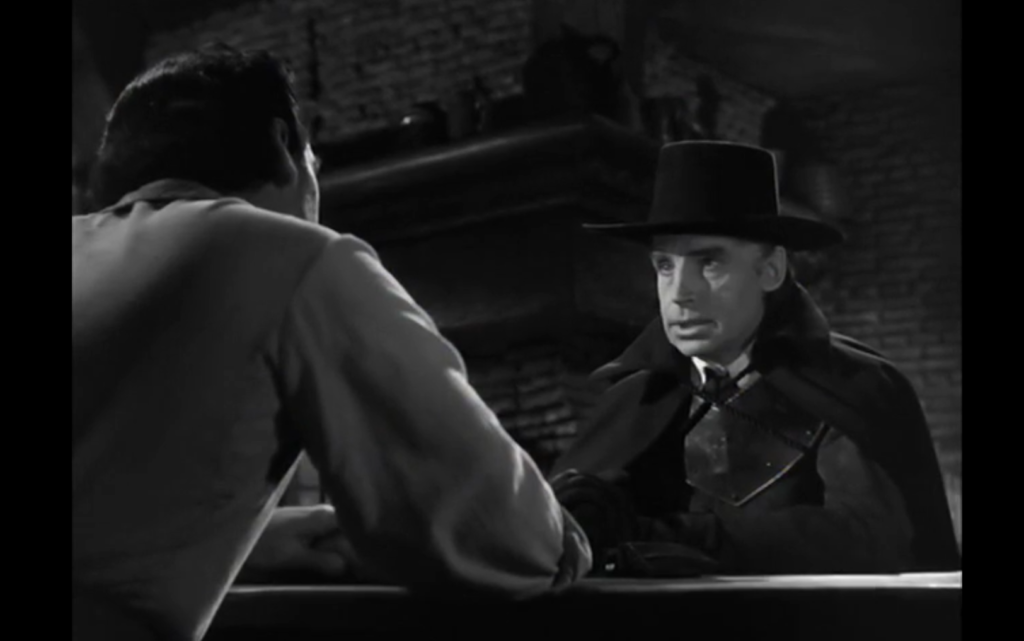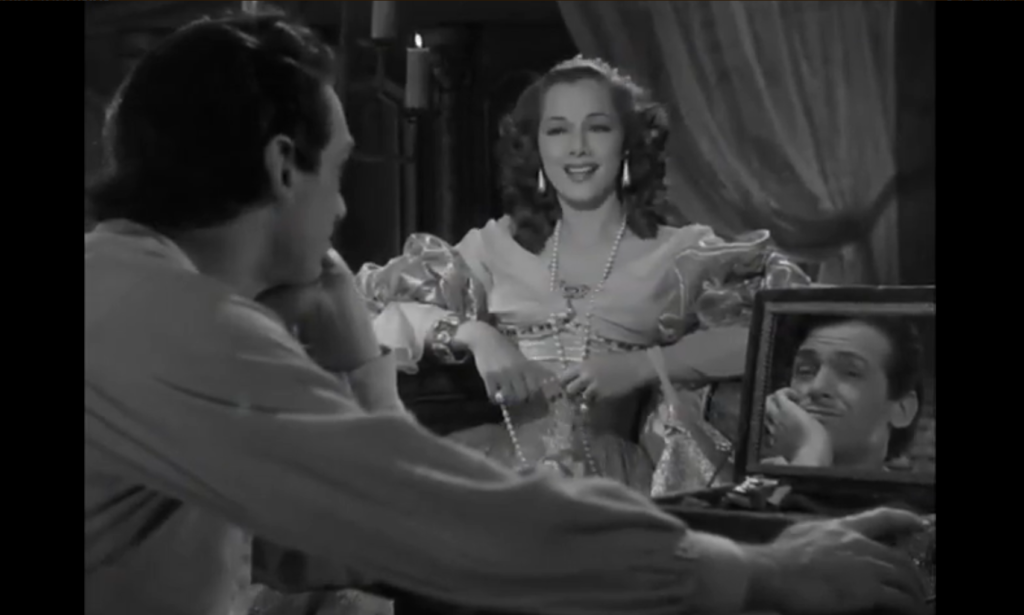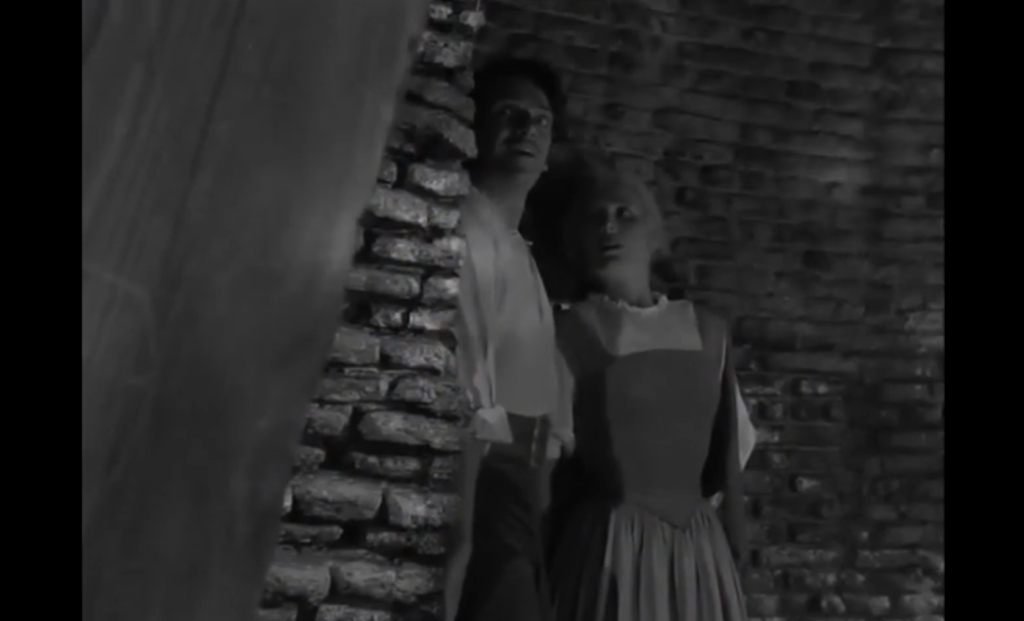Judge Priest (1934)
“The figures in this story are familiar ghosts of my own boyhood…”
|
Synopsis: |
|
Genres, Themes, Actors, and Directors:
Review:
It should be noted that while Fetchit’s role in this film — as well as that of Hattie McDaniel (Priest’s housekeeper) and other “happy” African-American servants — falls into stereotypically offensive territory, Rogers’ interactions with both Fetchit and McDaniel allow for a slightly more nuanced representation of race relations than was usual for the time. His laid-back friendship with Fetchit implies that he cares more about enjoying life than maintaining the illusion of racial superiority, and his participation in McDaniel’s “call and response” singing while she’s cleaning once again shows that the pure joy of music making means more to him than either class or race. While minor, these tiny deviations from the norm make it clear that Rogers really did try to live by his famous credo of “never meeting a man [sic] he didn’t like”. It’s too bad, then, that Ford’s decision to end the film with a group of black man cheerily bursting into “Dixie” outside the courtroom ultimately turns the film into yet another naively revisionist depiction of Southern history. Redeeming Qualities and Moments: Must See? Categories
(Listed in 1001 Movies You Must See Before You Die) Links: |
